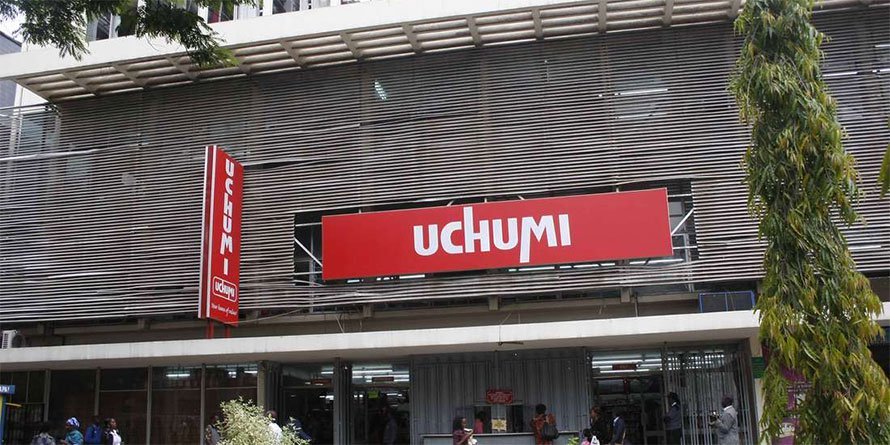Uchumi Supermarket branch in Nairobi. FILE PHOTO | NMG Over the past few years, the retail sector has experienced some turbulence. Local giants like Uchumi and Nakumatt were forced to exit the market by several factors, including competition.
Shoprite and Choppies are also rethinking their business model within the increasingly tempestuous retail sector.
The future of retail is uncertain as online sales intensify their direct-to-consumer relationships. The raging coronavirus has made it possible for home delivery to take a foothold in the country. Many of would-be shoppers are locked up in their homes for fear of contracting the virus while shopping.
The direct-to-consumer relationships does not only present a challenge to large Fast-Moving Consumer Goods (FMCG) stores but will also impact sales of middle tier stores as well kiosks. It is simply going to be a major disruption as consumers get used to doorstep deliveries.
This is a classic Schumpeterian theory of creative destruction, "a process of industrial mutation that incessantly revolutionises the economic structure from within, incessantly destroying the old one, incessantly creating a new one.”
Retail stores will have nothing to do to stop the process but recreate themselves. The big question is, how are they to recreate themselves? Some will produce, others will add value and there will be room for even more to aggregate and distribute or deal only with specialised products.
The biggest causalities will be the large number of middlemen in the supply chains. They will be disrupted and this is good for the economy since consumer price is likely to fall. We also may inadvertently begin the industrialisation process, which has eluded African countries for many years.
It is always wise that governments do not intervene during the process of structural economic changes. It could be painful but in the end everybody will settle somewhere. The process also may inadvertently formalise the informal sector as players seek new opportunities in the wake of changes.
Physical stores may be disrupted as some retailers may shift to warehouses that will play the role of fulfilment and distribution centres. The real estate sector may suffer a short-term setback due to the realignment of stores from the current legacy arrangement to future stores.
One of the attraction points for existing retail outlets is the assistance customers get from workers as well as location. Online stores are responding with experimental ideas leveraging technology to in-store experience.
Alibaba’s offline retail store, Hema, for example, is working towards the […]
